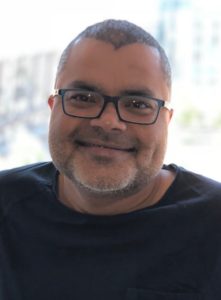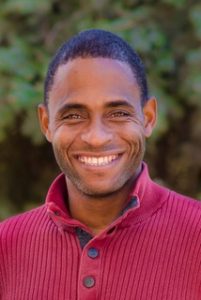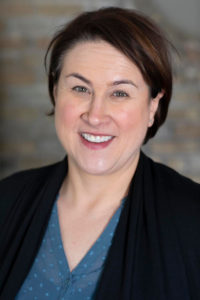Four University of Wisconsin–Madison faculty members have been selected to make up the second cohort of Diversity Liaisons to participate in the provost’s Diversity Liaison Project.
The Diversity Liaison Project provides a hands-on approach to offering more opportunities for campus leaders to actively engage with matters of diversity, equity and inclusion; and implement best practices in the classroom and beyond. The goal of the project is to help create an educational environment at UW–Madison that is conducive to everyone’s best learning and professional advancement.
Led by Patrick J. Sims, deputy vice chancellor for diversity and inclusion, and Michael Bernard-Donals, vice provost for faculty and staff, the project includes workshops designed and delivered by Diversity Liaisons to help participants:
- acquire and enhance inclusive communication skills and cross-cultural competencies,
- increase their awareness of issues that can detract from students’ success and impede their access to learning environments,
- and use relevant pedagogies that foster a more welcoming campus climate.
The project meets the goal set forth in the university’s Diversity Framework, which states that campus leaders “provide models of inclusive behavior, exemplify rhetoric in practice, and demonstrate their sincerity in the belief that inclusive diversity is our path to excellence.” The project also takes into account the 2016 faculty senate (PDF version) and academic staff resolutions that commit these groups to participating in ongoing professional development experiences related to fostering a greater sense of cultural awareness and inclusion.
Diversity Liaisons meet monthly with the deputy vice chancellor for diversity and inclusion and vice provost for faculty and staff, and are provided with funding to enable them to plan and organize workshops for sharing best practices with other faculty and instructional academic staff.
Meet the second cohort of Diversity Liaisons
B. Venkat Mani

B. Venkat Mani, Ph.D., is professor of German, and director of the UW–Madison Center for South Asia. He received his B.A. (Honors) and M.A. in German Studies from the Jawaharlal Nehru University, New Delhi, and an M.A. and Ph.D. in German Studies from Stanford University. His research and teaching focus on 19th to 21st century German literature and culture, migrants and refugees in the German and European context, book and digital cultural histories, world literature, and theories of cosmopolitanism, globalization, post-colonialism, and transnationalism. He is the author of Cosmopolitical Claims: Turkish-German Literatures from Nadolny to Pamuk (University of Iowa Press, 2007) and Recoding World Literature: Libraries, Print Culture, and Germany’s Pact with Books (Fordham University Press, 2017). He is working on a new book on refugees and world literature.
Erika Marín-Spiotta

Erika Marín-Spiotta, Ph.D., is an associate professor of geography with research interests in carbon and nutrient cycling in soils and strategies for broadening participation in science. Marín-Spiotta is the recipient of a CAREER Award from the National Science Foundation and the Sulzman Award for Excellence in Education and Mentoring from the American Geophysical Union, as well as a Romnes Faculty Fellowship, a Vilas Associate Award and a Feminist Scholars Fellowship from UW–Madison. She leads a national program to transform workplace climate in the geosciences in collaboration with professional societies funded by the National Science Foundation.
Percival Matthews

Percival Matthews, Ph.D., is an assistant professor in the Department of Educational Psychology. Matthews’ research focuses on understanding the factors that influence the construction of mathematical knowledge. His general interests are motivated by a fundamental question facing educators at all levels: how can we present information so that learners understand content on more than just a superficial level? Current projects include investigating children’s developing knowledge of equivalence and exploring the cognitive processes underlying numerical representation and estimation.
Ahna Skop

Ahna Skop, Ph.D., is a professor in the Department of Genetics and an affiliate member in Life Sciences Communication and the Arts Institute. Skop is passionate about increasing the numbers of underrepresented students in the science, technology, engineering, art and math fields. Nationally, she serves as an advisor to the chief diversity officer at the National Institutes of Health, and is a diversity consultant to the Chan Zuckerberg Initiative. She is a past board member for the Society for Advancement of Chicanos and Native Americans in Science, and on the UW–Madison campus, established stemdiversity.wisc.edu with support from the Sloan Foundation and the chancellor. In 2016, she was awarded the Chancellor’s Inclusive Excellence Award for her outreach and inclusive teaching efforts.